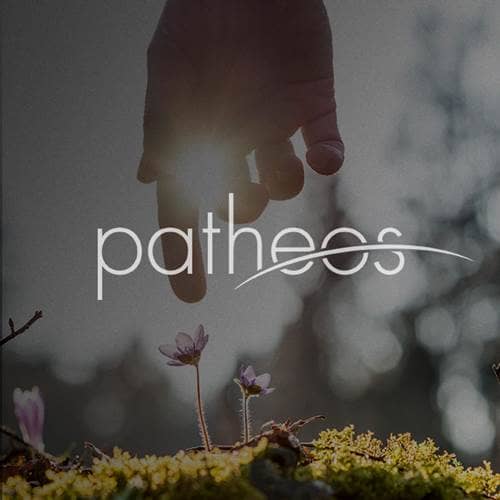- Trending:
- Pope Leo Xiv
- |
- Israel
- |
- Trump
- |
- Social Justice
- |
- Peace
- |
- Love
PATHEOS LIBRARY OF
World Faiths & Religions
Is Hinduism polytheistic?
However, to call Hinduism monotheism would be, in most cases, erroneous as well. Instead, there are several ways that one can classify Hinduism (as there are several different types of Hinduism). Some Hinduism traditions can be called:
1. Monolatrism, a religious system wherein one recognizes many gods (though in Hinduism, these are not of different essences) but only worships one of them.
2. Kathenotheism, a system wherein one recognizes many gods but only worships one of them at a time.
3. Panentheism, a system wherein Divinity/God is believed to be both transcendent of and immanent within the world. This is a nondualistic monotheism.
Finally, many Hindus would classify themselves as adherents of
4. Monism, a system wherein Ultimate Reality is believed to be the unpersonified essence underlying (or encompassing) all life. Hindu monists, then, would argue that Hindu gods and goddesses have only a provisional reality and are, ultimately, illusory/unreal.
Therefore, while there are many different types of Hinduism (and therefore many different types of "isms" with which these different traditions can be labeled), none of them is technically polytheistic.










